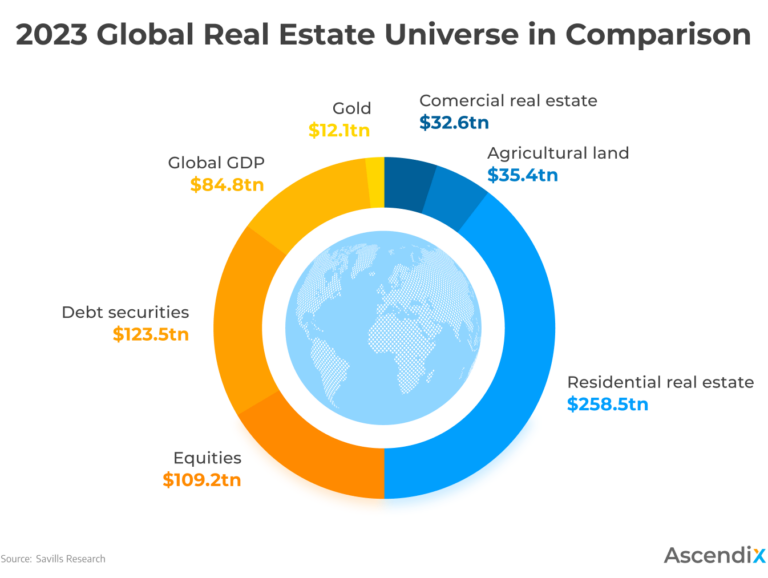As we step into 2024, the real estate market is poised to undergo significant changes, driven by emerging trends that are redefining the way we buy, sell, and occupy spaces. From technological innovations to shifting demographics and societal needs, these trends are set to reshape the industry in profound ways.

One of the most significant drivers of change in the real estate market is the growing importance of sustainability and environmental consciousness. As concerns about climate change and energy efficiency continue to mount, homeowners and renters alike are seeking out properties that not only minimize their carbon footprint but also offer a healthier and more comfortable living environment. This has led to a surge in demand for eco-friendly features such as solar panels, green roofs, and energy-efficient appliances, which are quickly becoming the norm in new constructions and renovations.
Another key trend shaping the real estate market is the rise of urban migration. As cities continue to grow and urbanize, there is an increasing need for housing solutions that cater to the diverse needs of urban dwellers. This has led to the development of innovative projects such as micro-units, co-living spaces, and community-driven developments that prioritize shared amenities and social connections over traditional notions of private ownership.
Technology is also playing a major role in transforming the real estate industry, from virtual reality home tours to artificial intelligence-powered property management systems. Online platforms and marketplaces are making it easier for buyers and sellers to connect directly, eliminating the need for intermediaries and streamlining the transaction process.
Demographic shifts are also having a significant impact on the real estate market. For instance, the growing number of aging baby boomers is driving demand for age-restricted communities and age-in-place solutions that cater to the needs of seniors. On the other hand, younger generations such as millennials and Gen Z are prioritizing flexibility, affordability, and community-driven lifestyles, leading to the rise of co-living spaces and shared housing arrangements.
In addition to these trends, there is also a growing awareness of the need for inclusive and accessible housing solutions. As the US population becomes increasingly diverse, there is a need for housing that caters to the needs of different cultures, abilities, and socioeconomic backgrounds. This has led to the development of innovative projects such as accessible housing, inclusive zoning, and community land trusts.
The rise of the remote work revolution is also having a profound impact on the real estate market. As more people work from home, there is a growing need for spaces that blur the lines between work and play, leading to the development of innovative projects such as co-working spaces, community-driven developments, and flexible office solutions.
Finally, the growing importance of data and analytics is transforming the way the real estate industry operates. From predictive analytics to data-driven decision-making, real estate professionals are leveraging data insights to better understand market trends, identify opportunities, and drive business growth.
In conclusion, the future of real estate is set to be shaped by a diverse range of trends that prioritize sustainability, community, and innovation. As the industry continues to evolve, we can expect to see new and innovative solutions that cater to the changing needs of homeowners, renters, and business owners alike. Whether you’re a seasoned real estate professional or just starting out, staying ahead of the curve in this rapidly changing landscape will require a deep understanding of these trends and a willingness to adapt to the changing needs of the market.





